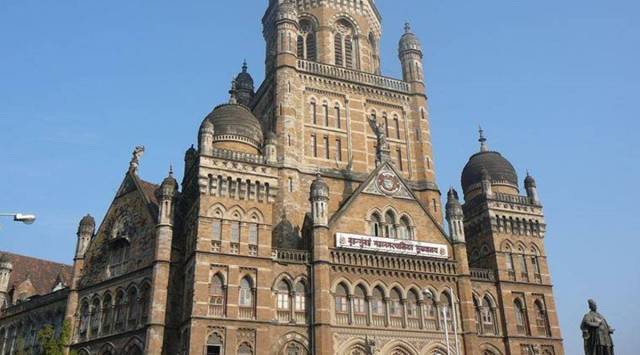Mumbai: Committee to decide on capacity of second waste-to-energy plant at Deonar dumping ground
The work on the first waste-to-energy plant coming up at Deonar, which was approved last December, is yet to see the light of day as the project is awaiting consent order from the Maharashtra Pollution Control Board (MPCB).
 In 2021, the BMC had floated a global Expression of Interest (EOI) for construction of a second waste-to-energy plant having a treatment capacity of 1,800 tonne per day in Deonar.
In 2021, the BMC had floated a global Expression of Interest (EOI) for construction of a second waste-to-energy plant having a treatment capacity of 1,800 tonne per day in Deonar.The BMC has set up a committee to decide on the capacity of the second waste-to-energy plant that is set to come up at the Deonar dumping ground in Mumbai.
With the corporation planning to decentralise waste management and segregation in each ward, the quantity of waste generated daily may change gradually, following which the committee will assess the requirement of the second waste-to-energy plant.
The work on the first waste-to-energy plant coming up at Deonar, which was approved last December, is yet to see the light of day as the project is awaiting consent order from the Maharashtra Pollution Control Board (MPCB).
In 2021, the BMC had floated a global Expression of Interest (EOI) for construction of a second waste-to-energy plant having a treatment capacity of 1,800 tonne per day in Deonar. The civic body had also made provision of Rs 65 crore in the 2021-22 budget for the project, which was later put on hold. “We are pushing for segregation of waste and decentralised management. Waste generation is fluctuating. With help of NEERI, BMC has also started a composite study of waste generated in the city. The committee will assess population projection, food habits and waste quantity. After the committee submits a report, a decision will be taken on the capacity of the second plant,” said Minesh Pimple, Deputy Chief Engineer of BMC’s solid waste management (SWM) projects.
Currently, Mumbai generates about 6,500 metric tonne waste daily. According to SWM projects department, the civic body has taken several initiatives to reduce waste generation and treat it at source. Recently, it undertook a pilot project in K West (Andheri) ward, where all the waste generated from the area was treated in the ward itself, thereby eliminating the dependency on dumping ground.
Last December, Mumbai’s first waste-to energy plant at Deonar had received Environment Clearance (EC). However, the work on the ground at the dumping ground is yet to see the light of day, as the BMC has not received consent order from the MPCB.
“We are expecting the consent order in a few days. After we receive the consent, we will issue the work order to the contractor,” said another official from BMC.
The first waste-to-energy plant project, with a capacity to process 600 metric tonne of waste per day, is coming up at the city’s oldest dumping ground on 12.19 hectare at a cost of Rs 504 crore. The plant will also generate 4 MW of electricity.
Meanwhile, work of reclaiming land at Mulund dumping ground by biomining has re-started. Officials said issues with contractors have been resolved.








